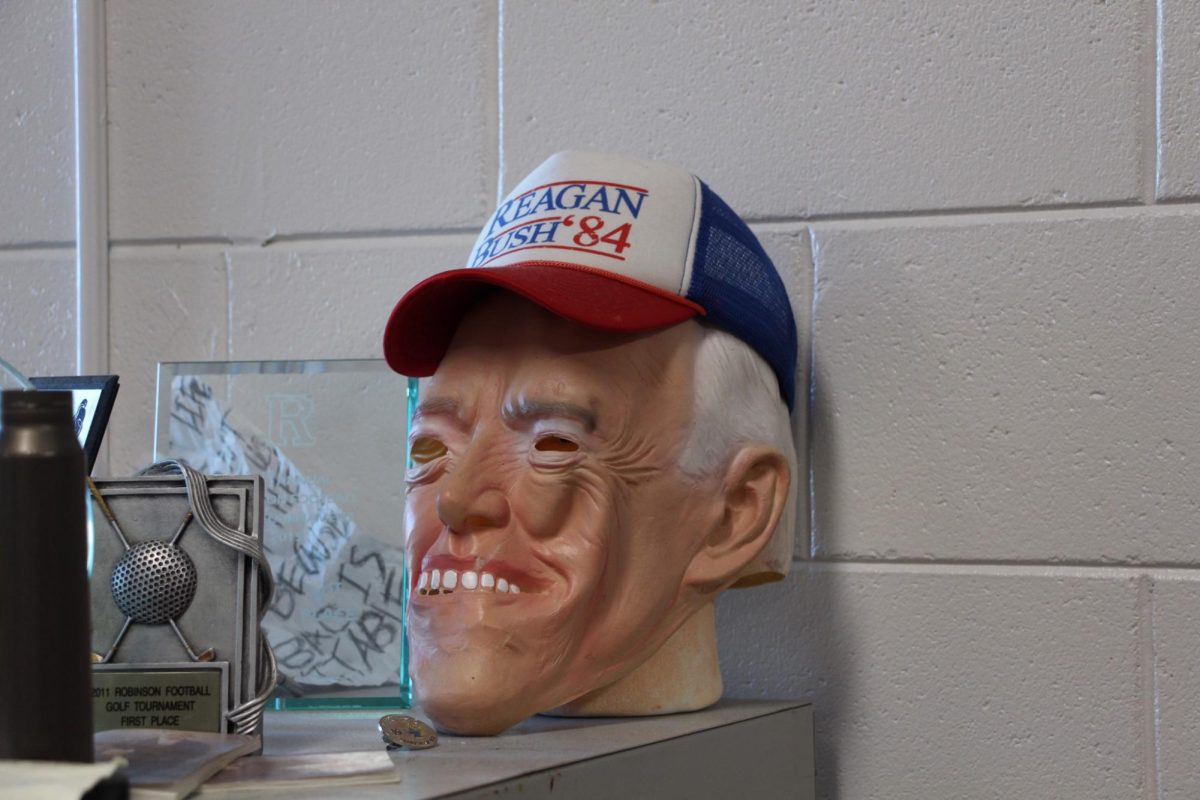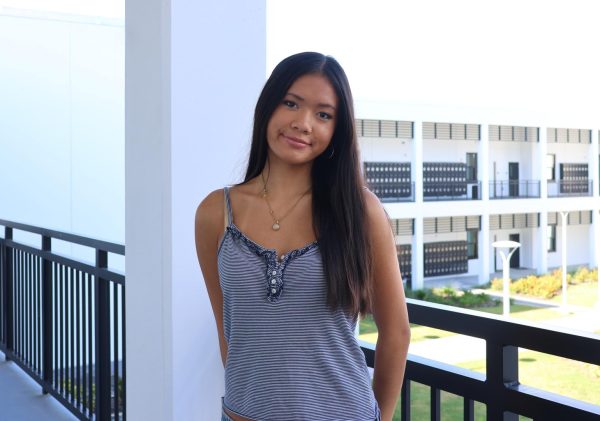With each presidential election year, it gets harder and harder to get away from political talking points. One may think that at your own school you may be able to have some peace of mind, but this is not always that case. While your teacher initiates debate by encouraging students to share their views on the topic, they also disclose their own stance too. Looking around the classroom you can see an array of mixed reviews on the students’ faces. While some look unfazed, others are stunned. This raises my question if there are any specific guidelines for what a teacher can or cannot say.
Throughout my years in four different schools, I’ve been exposed to teachers of different backgrounds. Some have been very open about their political opinions, while others refuse to expose theirs.
The specific guidelines for teachers’ speech on politics in the classroom are still highly debated. With several bills for and against the exposure of opinions, the right amount of perspective is still uncertain among lawmakers.
However, I believe that based on circumstances such as the age of students, teachers should be allowed to share political views but not force those opinions on students. While politics in classrooms should be considerably neutral, certain circumstances may open up controversial topics. Especially in a history class or social studies class, students should be exposed to different perspectives.
Although in some classrooms where politics should be deemed inappropriate, the idea of a completely neutral classroom seems ignorant. Throughout students’ lives, the possibility of exposure to others with opposing views is highly possible.
“Education itself is political — who chooses the textbooks, who funds schools, how schools are funded. So to say that curriculum has to be apolitical is a misunderstanding of the fact that education is a political space to begin with,” says Alyssa Dunn, an education professor at Michigan State University.
In Florida, several topics are impossible to talk about but align specifically with education in schools. Not talking about the banning of books and certain classes directly affects us as students. Discussing these highly controversial topics is needed in a highly political place like a school. Since we are dealing with the unavoidable, respecting others’ beliefs and attempting to learn their side is very important.
I believe the lines of teachers’ political participation cross at this. Teachers should be able to share a view, not advocate it. This is expressed in “The Political Classroom”, a book written by Paula McAvoy and Diana Hess, program director and dean of the Center for Ethics and Education University of Wisconsin–Madison, on the role of politics in classrooms including teachers’ opinions and controversial issues.
“Teachers share a view when they make their opinion about a political issue known to the class or a student but do so in a way that communicates this is just one view among many possible views. When teachers advocate for a view, they are trying to convince or persuade others to adopt that view,” McAvoy said.
While discussing different views on controversial events is a part of learning, we must keep our differing views respectful and educational.


